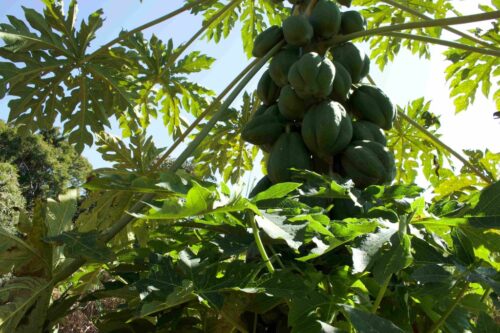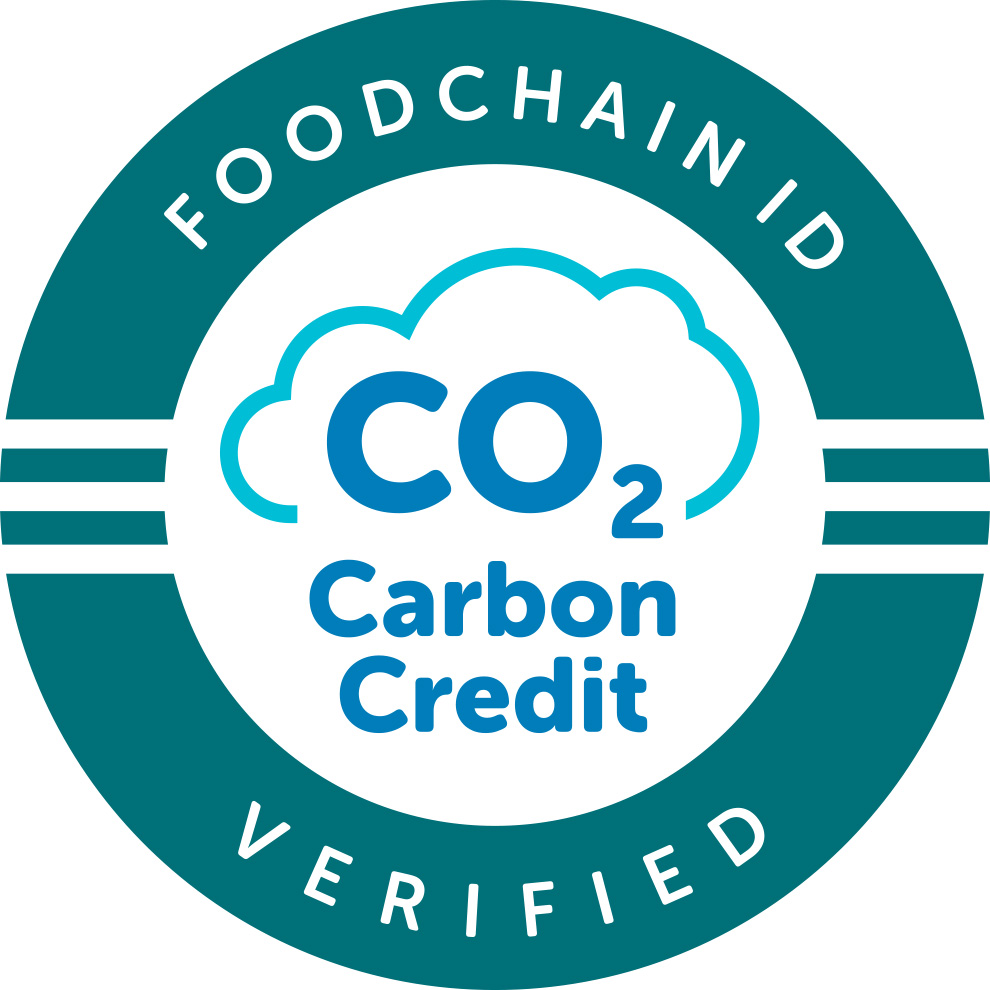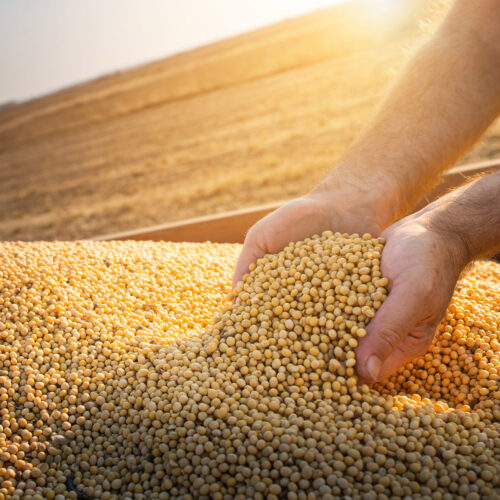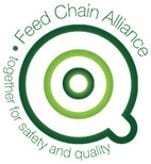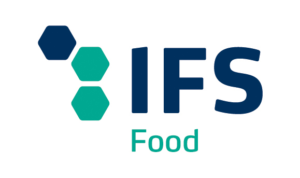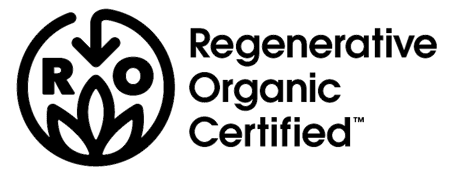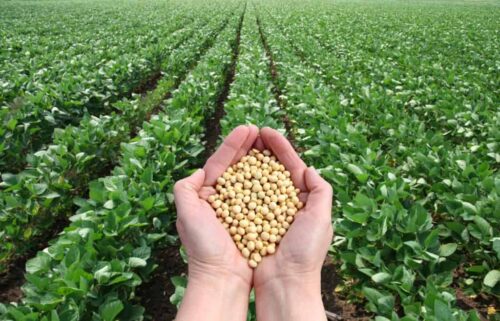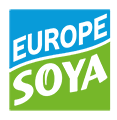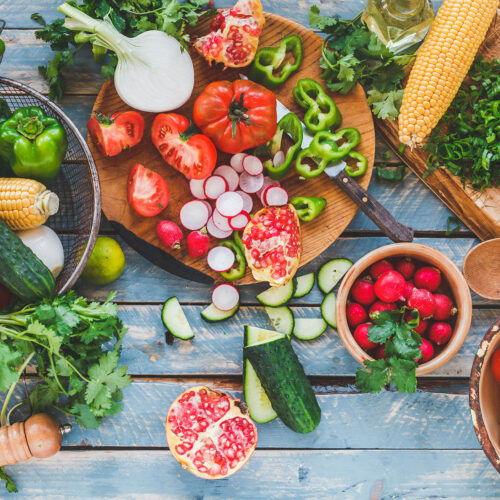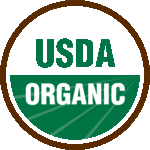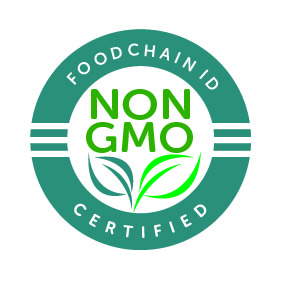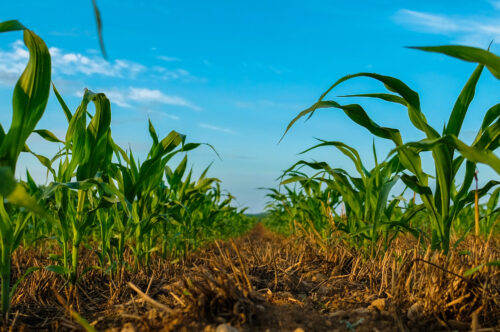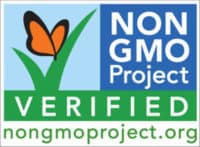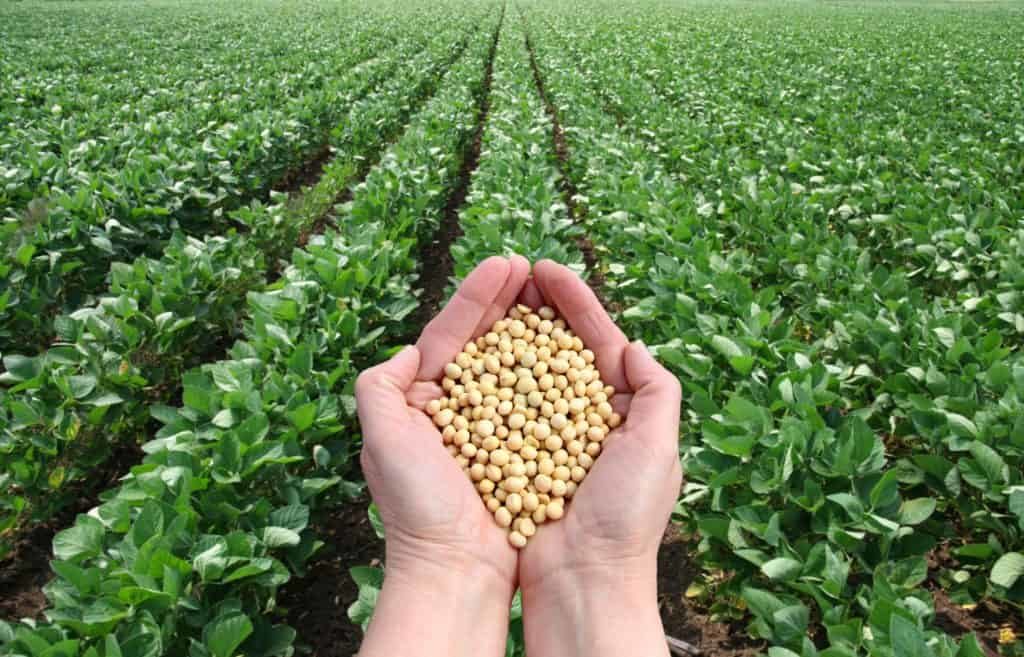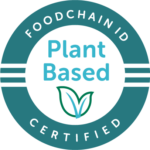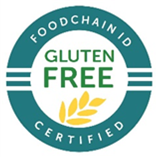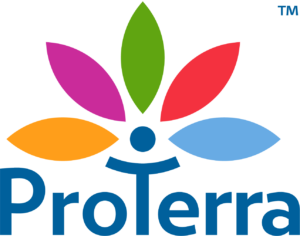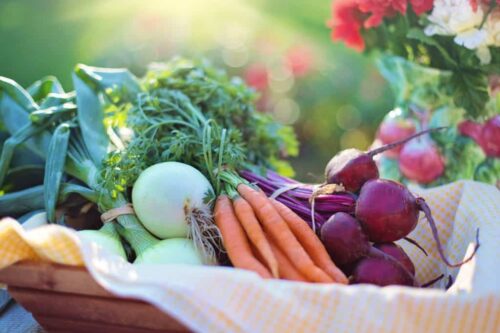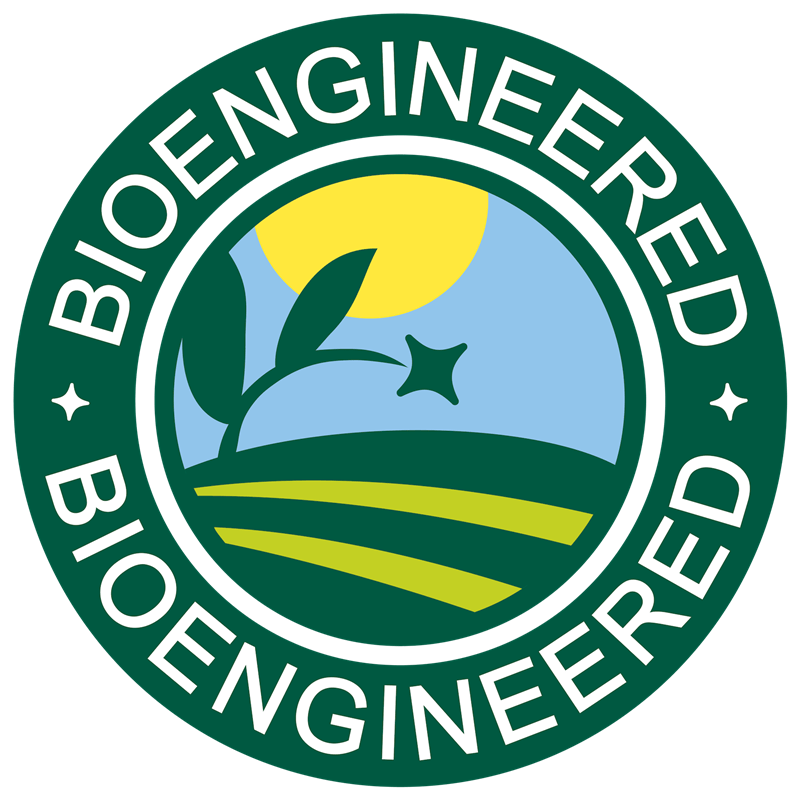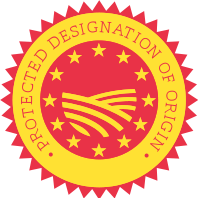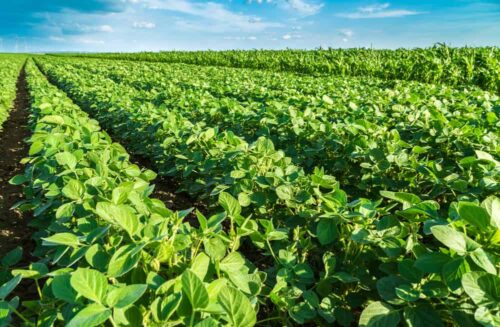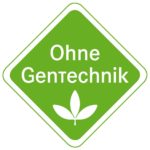Regenerative farming is a philosophy and set of agricultural practices that aims to reverse the process of natural resource depletion caused by industrial farming. Regenerative farming aims to build healthy soil for years to come, increase biodiversity, restore balance in ecosystems and mitigate climate change.
Regenerative farming incorporates many practices used in other, more holistic agricultural systems, without completely rejecting the use of chemicals. Rather, it seeks to minimize mechanical operations and the use of inputs that can cause damage to soil organic matter and living organisms.
FoodChain ID Regenerative Farming Standard is an independent, globally applicable, voluntary certification scheme that incorporates environmental elements and regenerative farming requirements for soil health and land management.
The standard is applicable to individual producers, groups of producers, as well as processing and commercial companies according to the following three certification categories:
- Individual manufacturer certification
- Group Certification
- Chain of Custody
The basic principles of regenerative farming are:
- Balance of soil nutrients
- The soil must always be covered with weeds or decaying plant material
- Minimize interventions on the ground
- Increase the biodiversity of all organisms (plants, animals) and microorganisms.
- Integration and correct management of fauna, in particular insects and birds present on the farm.
- Increase in organic substance and immobilization of CO2 in soils
Advantages of the standard:
- Provides supply chain transparency with chain of custody principles.
- Applicable to any agricultural system and either organic or conventional farming.
- Audit flexibility when combined with other standards or certification schemes.
- Prepares farmers to participate in a carbon credit exchange market.




